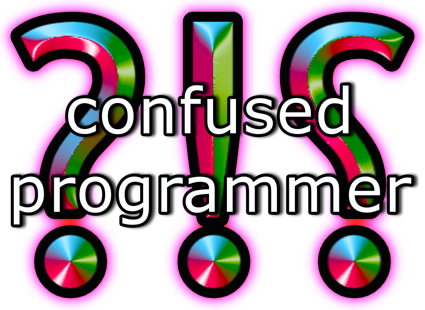Upgrading from 2.x to 3.x
Upgrading from an older version of Jekyll? A few things have changed in 3.0 that you’ll want to know about.
Before we dive in, go ahead and fetch the latest version of Jekyll:
$ gem update jekyllDiving in
Want to get a new Jekyll site up and running quickly? Simply
run jekyll new SITENAME to create a new folder with a bare bones
Jekyll site.
site.collections has changed
In 2.x, your iterations over site.collections yielded an array with the collection
label and the collection object as the first and second items, respectively. In 3.x,
this complication has been removed and iterations now yield simply the collection object.
A simple conversion must be made in your templates:
collection[0]becomescollection.labelcollection[1]becomescollection
When iterating over site.collections, ensure the above conversions are made.
Dropped dependencies
We dropped a number of dependencies the Core Team felt were optional. As such, in 3.0, they must be explicitly installed and included if you use any of the features. They are:
- jekyll-paginate – Jekyll’s pagination solution from days past
- jekyll-coffeescript – processing of CoffeeScript
- jekyll-gist – the
gistLiquid tag - pygments.rb – the Pygments highlighter
- redcarpet – the Markdown processor
- toml – an alternative to YAML for configuration files
- classifier-reborn – for
site.related_posts
Future posts
A seeming feature regression in 2.x, the --future flag was automatically enabled.
The future flag allows post authors to give the post a date in the future and to have
it excluded from the build until the system time is equal or after the post time.
In Jekyll 3, this has been corrected. Now, --future is disabled by default.
This means you will need to include --future if you want your future-dated posts to
generate when running jekyll build or jekyll serve.
Layout metadata
Introducing: layout. In Jekyll 2 and below, any metadata in the layout was munged onto
the page variable in Liquid. This caused a lot of confusion in the way the data was
merged and some unexpected behaviour. In Jekyll 3, all layout data is accessible via layout
in Liquid. For example, if your layout has class: my-layout in its YAML front matter,
then the layout can access that via {{ layout.class }}.
Syntax highlighter changed
For the first time, the default syntax highlighter has changed for the
highlight tag and for backtick code blocks. Instead of Pygments.rb,
it’s now Rouge. If you were using the highlight tag with certain
options, such as hl_lines, they may not be available when using Rouge. To
go back to using Pygments, set highlighter: pygments in your
_config.yml file and run gem install pygments.rb or add
gem 'pygments.rb' to your project’s Gemfile.
Relative Permalink support removed
In Jekyll 3 and above, relative permalinks have been deprecated. If you created your site using Jekyll 2 and below, you may receive the following error when trying to serve or build:
Since v3.0, permalinks for pages in subfolders must be relative to the site
source directory, not the parent directory. Check
http://jekyllrb.com/docs/upgrading/ for more info.This can be fixed by removing the following line from your _config.yml file:
relative_permalinks: trueDid we miss something? Please click “Improve this page” above and add a section. Thanks!
